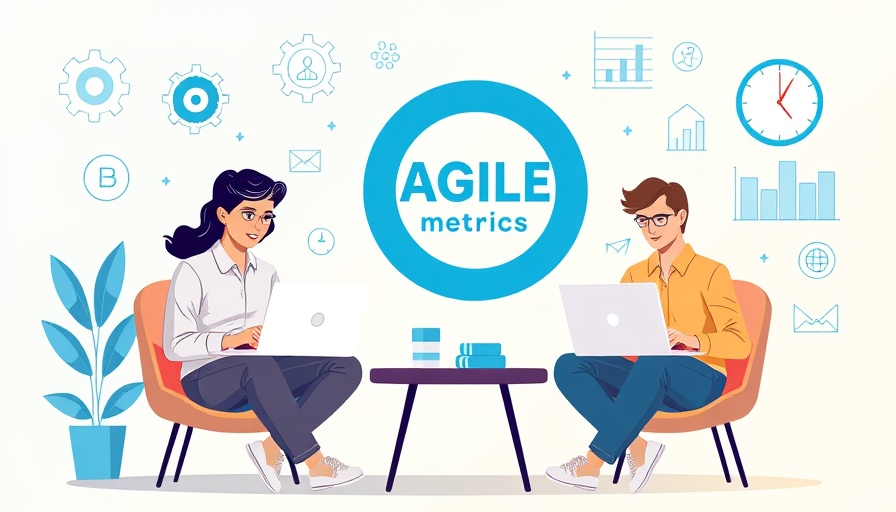
Begin Your Path to Success with SAFe Certifications in 2025
Is the new year beckoning you to enhance your professional journey? Simplilearn is offering an enlightening webinar on January 7th, 2025—a perfect opportunity to empower your career through SAFe certifications. Comprising of essential insights and expert guidance, this event aims at transforming your trajectory in Agile project management.
Why SAFe Certifications Matter
SAFe, or Scaled Agile Framework, is reshaping how teams work together in dynamic environments. It’s increasingly relevant in today's fast-paced market, especially for those in Agile project management roles. The certification not only sets a robust foundation in Agile principles but also equips learners with actionable skills for managing projects efficiently at scale. Attending this webinar can be a crucial step towards a career enhanced by agile methodologies, readying you for challenges and opportunities in 2025.
Looking Forward: Future Trends in Agile Practices
Organizations are increasingly adopting Agile methodologies due to their adaptability and effectiveness across various industries. In the coming years, expertise in Agile, particularly through certifications like SAFe, will continue to be sought after. Such skills will enhance your ability to navigate the complexities of modern project management landscapes, making you a vital asset to any team.
 Add Row
Add Row  Add
Add 




Write A Comment